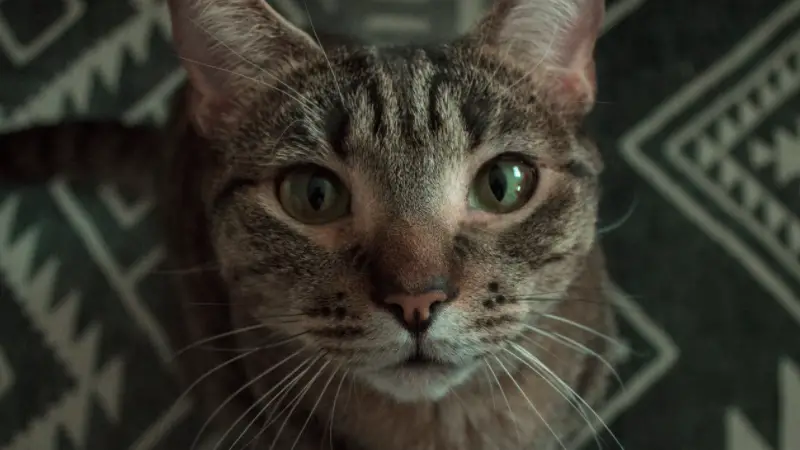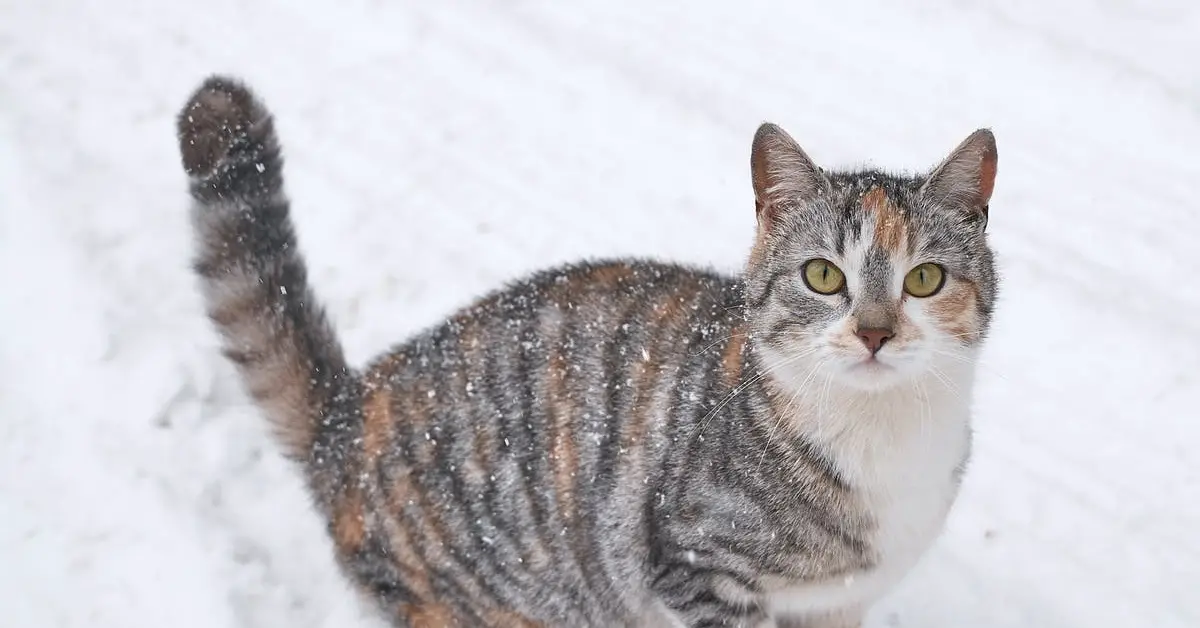The nature and behaviors of my cats make them interesting pets to have. With a flick or a tail, cats can express pleasure or displeasure, and an owner may be unable to tell which it is. Suppose their unique behaviors extend to their memories, do cats then remember where they live?
Cats possess a heightened sense of smell and other senses, which can help them find their way home. A cat marks its territory by leaving pheromone signals around – on trees, fences, etc. If they catch familiar scents, they can use them to locate where they live.
This article discusses whether cats remember where they live, and how long they remember it. I also explore the possibility of cats remembering places they used to live.
How Long Do Cats Remember Where They Live?

Like most animals, cats have two types of memories: short- and long-term memories. Animals use their short-term memory to remember bits of information over a brief period and their long-term memories to hold information for more extended periods.
While there is no record of how long cats remember where they live, understanding how their memories work might help you make a guesstimate. Here is a description of cats’ memories:
- Short-term memories
A cat’s short-term memory is also known as working memory, and it is what your cat uses in daily life. It plays a role in keeping a cat alert and its daily interactions. Unlike humans, who use episodic memory, cats use associative memory.
Associative memory in a cat means it will connect specific actions with what it hears, smells, or sees and determine whether it had a positive memory of the action. These memories regulate your cat’s ongoing behavior, and it can hold it for about 16 hours.
Considering most animals can only hold short-term memories for an average of 15 seconds, 16 hours is a significant amount of time for an animal. Of note, cats will only keep beneficial memories: no storage if it considers the memory irrelevant.
- Long-term memories
Long-term memory holds things that happen so often that you cannot forget or things too important for you to forget. Cats have fantastic long-term memories, and studies show that it is about 200 times better than dogs’.
The retention range is up to 10 years, but cats are usually very selective about the information they keep for that long. Long-term memory is not as easily accessible as short-term memory, but it is present, and a cat recalls it if necessary.
A cat will remember people that had a strong bond with it: those who fed and took care of them. Subsequently, your cat will also not forget people who irritate it. A cat’s long-term memory is further split into two groups:
- Implicit memory handles unconscious functions, including movements, grooming practices, and stalking prey.
- Explicit memory includes who its owner is, stressful visits to the vet, and home.
The longest memories usually relate to strongly positive or adverse events. Like Alzheimer’s disease in humans, cats may also suffer from feline cognitive dysfunction (FCD). About half of the cats between 11 and 15 years and 80% of those between 16 and 20 years suffer from FCD.
Besides this, senior cats also lose brain cells with age, impairing their memories. To reduce your cat’s risk of brain dysfunction, feed it with foods rich in omega-3-fatty acids and antioxidants.
Do Cats Remember Where They Live?

Cats often remember where they live, especially if they never roam too far from home. Whether they return home differs based on the type of cat and its exposure to the outside world.
Indoor cats with limited outside exposure can get scared or not trust their inner homing instinct, resulting in confusion or loss. In contrast, outdoor cats can find their way home with minimal issues.
The ease with which outdoor cats return home despite having the freedom to explore lies in their understanding of their dependence on you. They know you meet their needs, like shelter, water, food, and social interaction.
As mentioned earlier, cats have the memory capacity to find their way home. However, the exact science behind how they do it is still vague. While it is a fact that cats have a remarkable homing instinct, not all lost cats return home.
Animal behaviorists know that while dogs and cats bond with humans, cats also form strong bonds with home locations. They mark their home and surroundings by bunting scent glands under their chin or urine spraying.
Cats often use their sense of smell to identify nearby cats’ scents. It helps them know the off-limit areas and may help them find their way home.
Do Cats Remember Places They Used to Live?
Cats remember places where they used to live, but there is very little—if any—scientific evidence to prove this. Most of the information available is anecdotal. You may hear stories of cats finding their way home from long distances, even if their owners no longer live there.
An example is the story of Howie, the Persian cat, who traveled 1,000 miles across the Australian Outback to find his way home. While cats have a homing instinct, it can be re-centered after a move. If this occurs, cats try to find their way back to their old homes only to get lost hopelessly.
Re-homed cats may also miss their previous owners and try to find their way back to them. If you have just taken in a new cat, monitor him closely for the first month until he settles into his new home.
A recent move can also disorient your cat, causing it to feel anxious and uncomfortable in the new home. If you don’t take proper measures to make your move smooth and less stressful for your cat, it will find the nearest opportunity to escape and try to return to the home it finds comfortable.
The stories of cats returning to their current or previous homes are the exception, not the rule. Although cats have a good sense of direction and are proficient at not getting lost, it would be best if you refrain from testing your cat’s survival skills.

